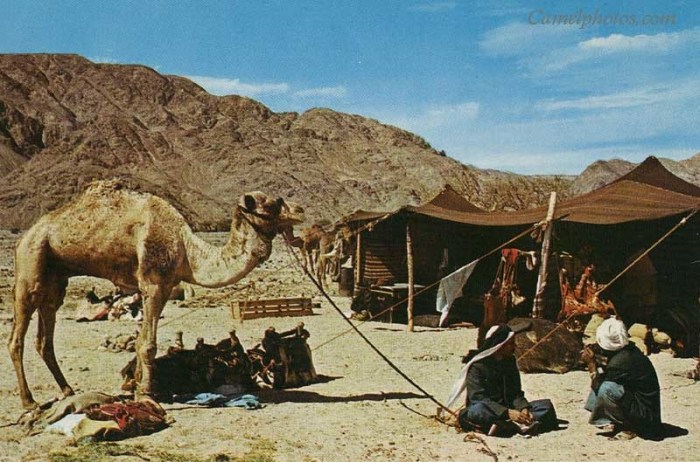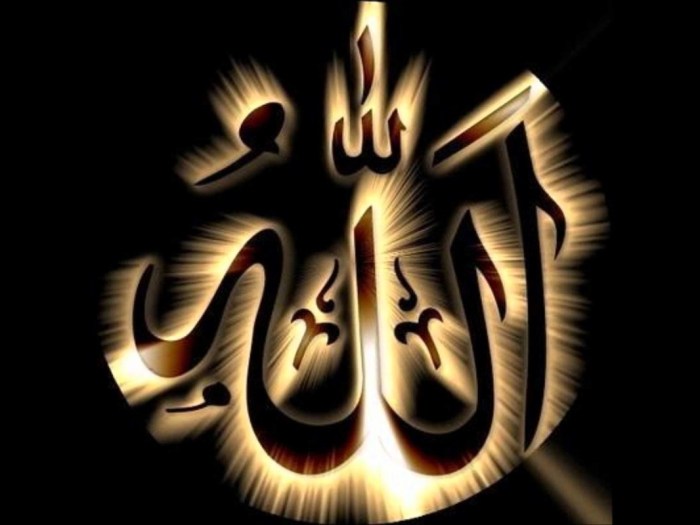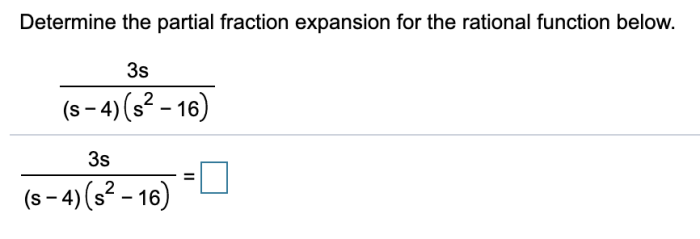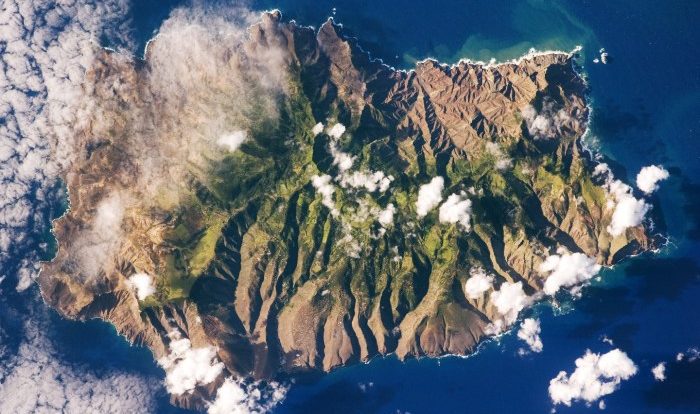The religion and rituals of the nomads of pre-Islamic Arabia provide a captivating glimpse into a vibrant and multifaceted spiritual landscape. This exploration delves into the beliefs, practices, and sacred traditions that shaped the lives of these nomadic communities, offering insights into their unique worldview and the enduring influence they had on the development of Islam.
Deities and Beliefs
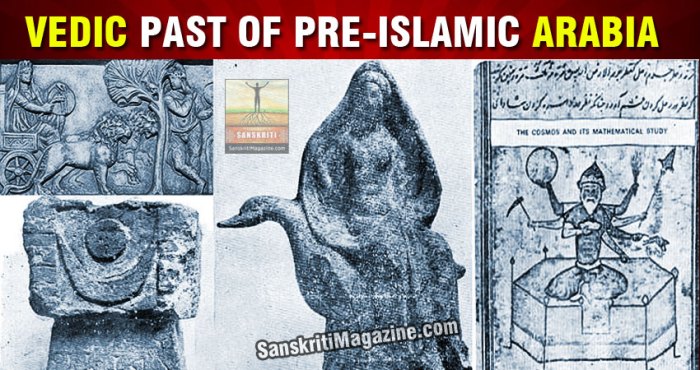
The pre-Islamic Arabian nomads held a complex and diverse array of beliefs and deities, reflecting the nomadic lifestyle and the influence of the surrounding environment.
The primary deities included:
- Allah: The supreme deity, creator of the universe, and the ultimate judge.
- Al-Lat: The goddess of the sun, fertility, and prosperity.
- Al-Uzza: The goddess of the morning star, love, and beauty.
- Manat: The goddess of fate and destiny.
Animism and polytheism played a significant role in their religious system, with nomads believing in the existence of spirits and deities inhabiting the natural world.
Sacred Sites and Pilgrimages
Significant sacred sites included:
- Mecca: The holiest site, housing the Kaaba, a cube-shaped structure believed to have been built by Abraham and Ishmael.
- Medina: The second holiest site, where the Prophet Muhammad established the first Muslim community.
- Mount Arafat: A hill near Mecca where pilgrims gather for the annual Hajj pilgrimage.
Rituals and ceremonies performed at these sites included animal sacrifices, prayers, and circumambulation of the Kaaba.
Pilgrimage routes connected these sites and played a vital role in the nomadic lifestyle, facilitating trade, communication, and social interaction.
Divination and Prophecy
Divination practices included:
- Soothsaying: Interpreting omens and signs in the natural world.
- Astrology: Observing the stars and planets for guidance.
- Dream interpretation: Analyzing dreams for insights into the future.
Soothsayers and prophets held a prominent position in society, providing advice and guidance on important decisions and events.
Divination influenced daily life, from choosing auspicious times for travel to making decisions about marriage and warfare.
Rituals and Festivals, The religion and rituals of the nomads of pre-islamic arabia
| Ritual/Festival | Purpose | Significance |
|---|---|---|
| Hajj | Annual pilgrimage to Mecca | Purification, atonement, and seeking divine favor |
| Umrah | Minor pilgrimage to Mecca | Seeking blessings and performing specific rituals |
| Eid al-Fitr | Feast of the Breaking of the Fast | Celebrating the end of the fasting month of Ramadan |
| Eid al-Adha | Feast of Sacrifice | Commemorating Abraham’s willingness to sacrifice his son |
These rituals and festivals held social and cultural significance, strengthening community bonds and providing opportunities for feasting, entertainment, and exchange.
Influence on Islam
The religious practices of pre-Islamic Arabian nomads significantly influenced the development of Islam:
- Allahbecame the central deity in Islam.
- Pilgrimage to Mecca(Hajj) became one of the five pillars of Islam.
- Divination and soothsayingwere discouraged in Islam.
Islam adopted certain aspects of pre-Islamic rituals and beliefs while adapting them to its own monotheistic and ethical teachings.
Frequently Asked Questions: The Religion And Rituals Of The Nomads Of Pre-islamic Arabia
What were the primary deities worshipped by pre-Islamic Arabian nomads?
The primary deities worshipped by pre-Islamic Arabian nomads included Allah, the supreme god, and a pantheon of other gods and goddesses associated with specific aspects of nature, such as the sun, moon, and rain.
What role did animism play in the religious beliefs of pre-Islamic Arabian nomads?
Animism, the belief that spirits or deities inhabit natural objects, played a significant role in the religious beliefs of pre-Islamic Arabian nomads. They believed that spirits resided in trees, rocks, and other natural features, and these spirits could influence their lives.
How did divination influence the daily lives of pre-Islamic Arabian nomads?
Divination, the practice of seeking knowledge of the future or hidden events, was widely practiced by pre-Islamic Arabian nomads. They used various methods of divination, such as reading animal entrails or casting lots, to make decisions and guide their actions.
